Thyme leaves, scientifically known as Thymus vulgaris, are small, aromatic green leaves belonging to the mint family. Native to the Mediterranean region, thyme has been treasured for centuries for its culinary, medicinal, and aromatic qualities. Its unique flavor and fragrance make it a staple in various cuisines worldwide.
These leaves are typically small and elliptical in shape, growing on woody stems. Thyme plants are characterized by their low, spreading growth habit and tiny, delicate flowers that range in color from white to pale pink or purple.
Thyme leaves are known for their strong, earthy, and slightly minty flavor. When used in cooking, they add depth to dishes such as soups, stews, roasted meats, sauces, and marinades. Thyme can be used either fresh or dried, with dried thyme being more potent.
Beyond its culinary uses, thyme leaves possess medicinal properties. The leaves contain essential oils with compounds like thymol, which exhibit antimicrobial, anti-inflammatory, and antioxidant effects. Thyme has historically been used to soothe coughs and sore throats, alleviate digestive discomfort, and aid in respiratory issues.
Uses & Health Benefits:
Here’s a comprehensive list of key benefits of thyme leaves:
- Rich in Antioxidants: Thyme leaves are packed with antioxidants that help protect cells from oxidative stress and damage.
- Respiratory Health: Thyme has compounds that can support respiratory health by soothing coughs, relieving congestion, and promoting easier breathing.
- Anti-Inflammatory: Thyme contains anti-inflammatory properties that may help reduce inflammation in the body.
- Digestive Aid: Thyme can aid digestion by promoting the secretion of digestive enzymes and calming digestive discomfort.
- Cough and Cold Relief: Thyme’s properties make it effective in relieving coughs and cold symptoms, such as sore throat and congestion.
- Skin Health: Thyme has antibacterial properties that can contribute to healthier skin and help manage acne.
- Heart Health: Some studies suggest that thyme may have cardiovascular benefits by supporting healthy blood pressure and cholesterol levels.
- Antimicrobial Effects: Thyme’s essential oils have natural antimicrobial properties that can help fight off bacteria and other pathogens.
- Blood Pressure Regulation: Thyme contains compounds that may help regulate blood pressure, contributing to heart health.
- Immune System Boost: The vitamins and minerals in thyme can help boost the immune system and support overall health.
- Cognitive Function: Thyme may have cognitive-enhancing effects, potentially improving memory and focus.
- Menstrual Discomfort: Thyme’s antispasmodic properties may help alleviate menstrual cramps and discomfort.
- Bone Health: Thyme is a source of vitamin K, which is essential for maintaining bone health.
- Aromatherapy: Thyme’s essential oil is used in aromatherapy for relaxation, stress relief, and mental clarity.
- Antifungal Properties: Thyme has antifungal properties that can help combat certain fungal infections.
How to Use?
- Seasoning for Roasted Meats and Vegetables:
- Sprinkle fresh or dried thyme leaves over roasted chicken, beef, lamb, or vegetables before cooking. Thyme adds a savory depth of flavor that complements the natural sweetness of roasted ingredients.
- Infused Oils and Vinegars:
- Make your own infused oils or vinegars by steeping thyme leaves in olive oil or vinegar. Use these flavored oils and vinegars in salad dressings, marinades, or as a finishing touch for grilled meats and vegetables.
- Herb Butter:
- Mix finely chopped thyme leaves into softened butter to create a flavorful herb butter. Use this herb butter to spread on bread, melt over grilled meats, or toss with cooked pasta or vegetables.
- Flavoring for Soups and Stews:
- Add fresh or dried thyme leaves to soups, stews, and broths for added depth of flavor. Thyme pairs particularly well with hearty, comforting dishes like chicken soup, beef stew, or lentil soup.
- Herb Rubs for Grilling:
- Combine minced garlic, chopped thyme leaves, olive oil, salt, and pepper to create a flavorful herb rub for grilled meats, poultry, or seafood. Rub the mixture onto the protein before grilling for a burst of aromatic flavor.
- Herb Infused Pasta Sauce:
- Add fresh thyme leaves to homemade pasta sauces, tomato sauces, or pesto for a fragrant herbal flavor. Thyme pairs well with tomatoes, garlic, and onions, enhancing the overall taste of the sauce.
- Herbal Tea Blend:
- Steep fresh thyme leaves in hot water to make a soothing herbal tea. Thyme tea is known for its potential health benefits, including respiratory support and relaxation. You can also mix thyme with other herbs like mint or lemon balm for added flavor.
- Garnish for Salads and Appetizers:
- Use fresh thyme leaves as a garnish for salads, appetizers, or cheese platters. The delicate leaves add a pop of color and flavor, making your dishes visually appealing and flavorful.
Note:
The information is for educational purposes only. This information has not been evaluated by the Food and Drug Administration.
This information is not intended to diagnose, treat, cure, or prevent any disease.




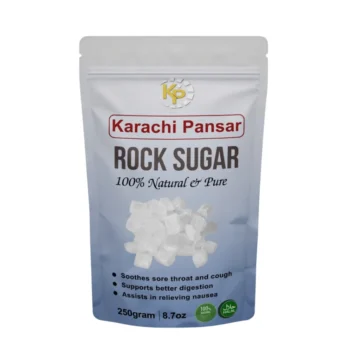
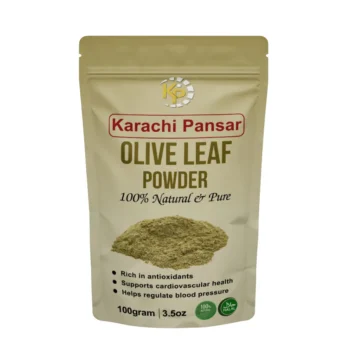
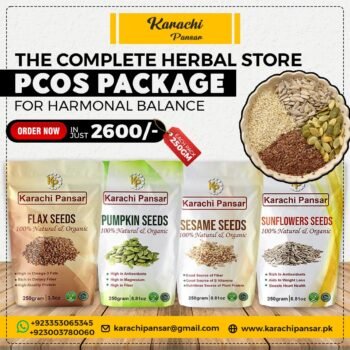
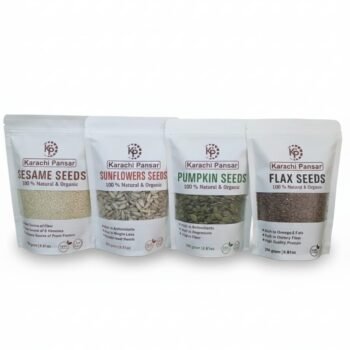



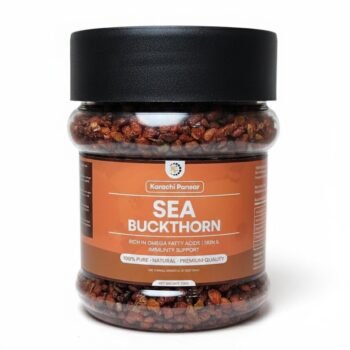

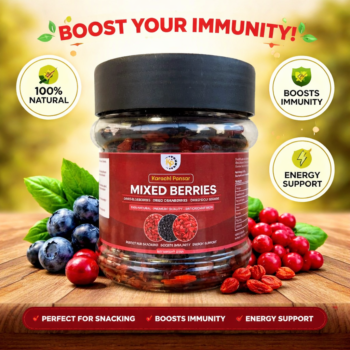



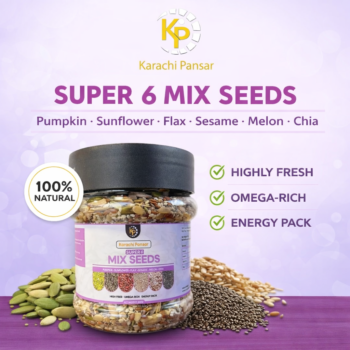






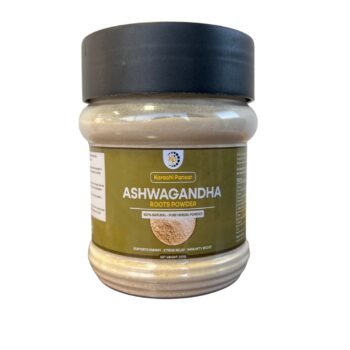





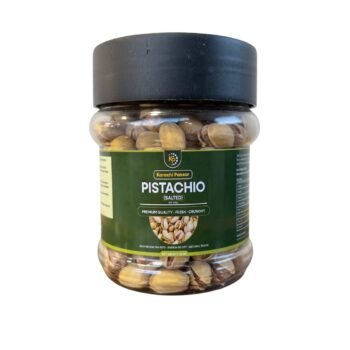




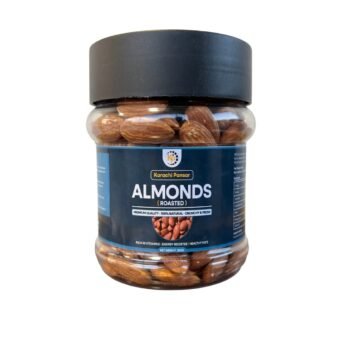






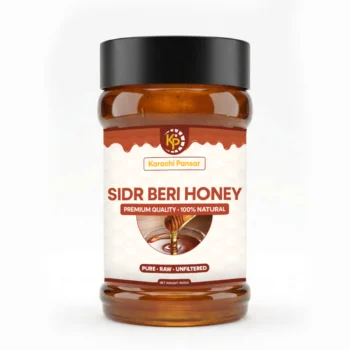

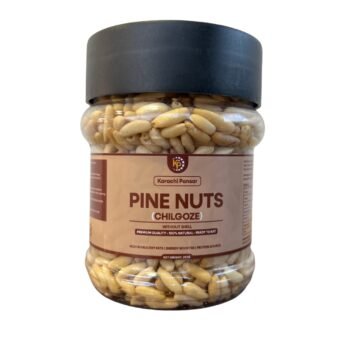
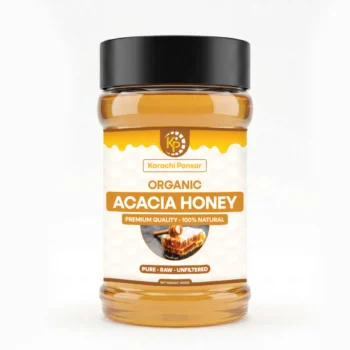


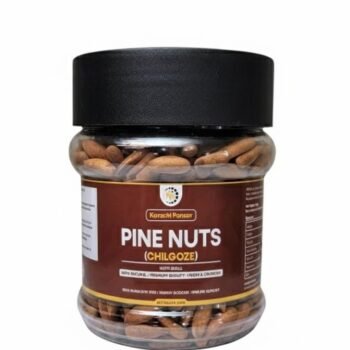
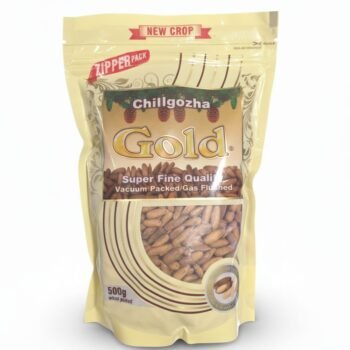


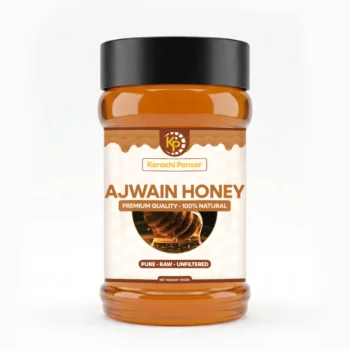

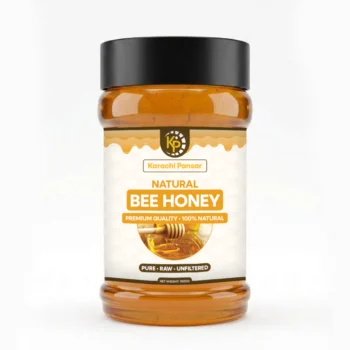



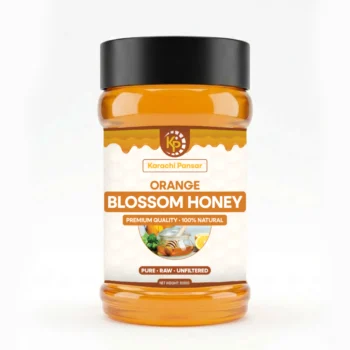

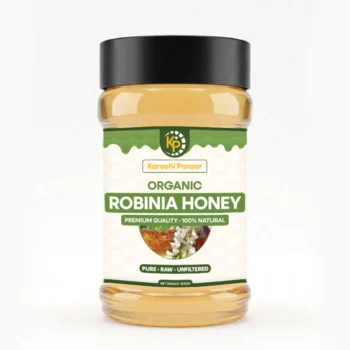
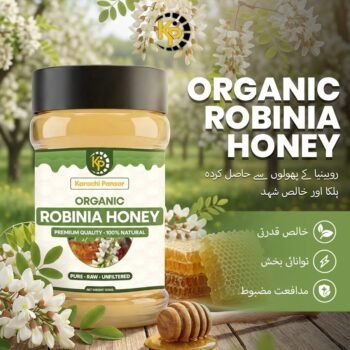
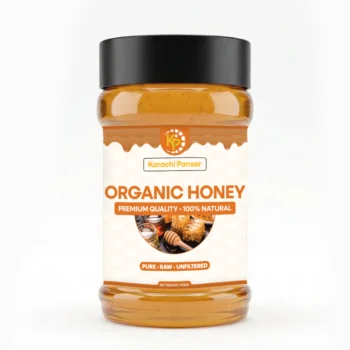

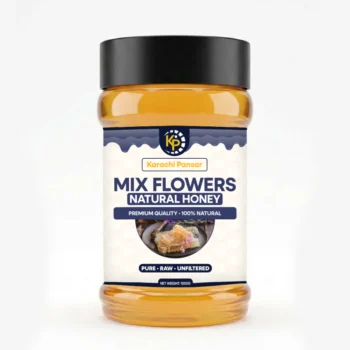

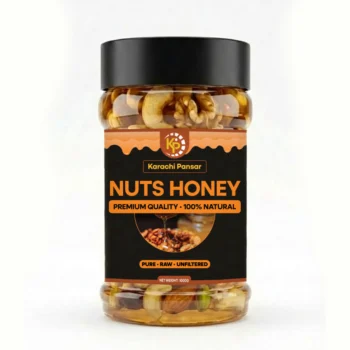



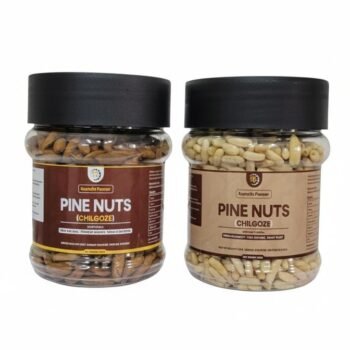
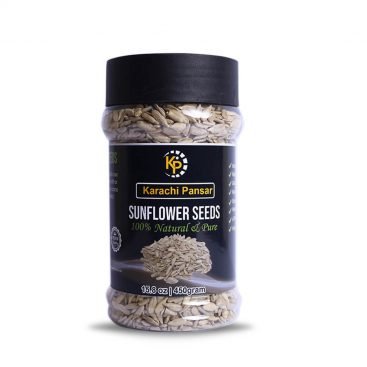
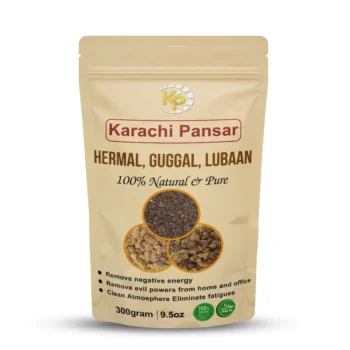
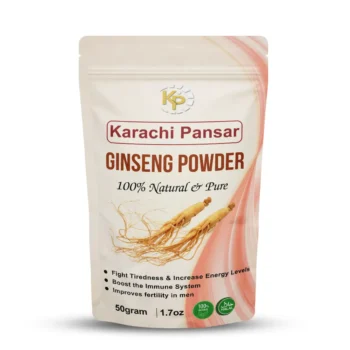
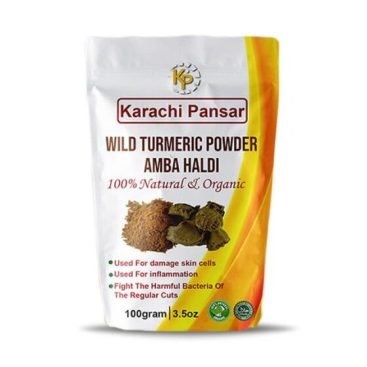
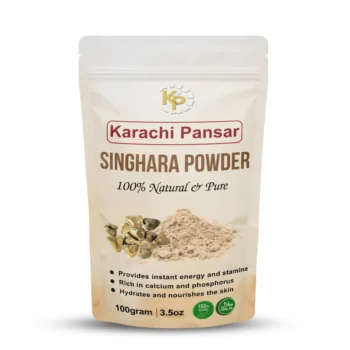
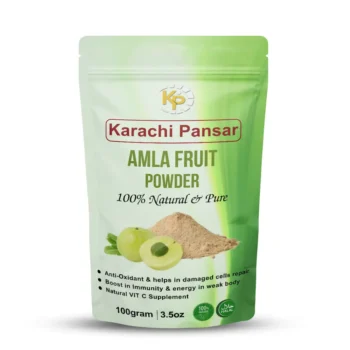
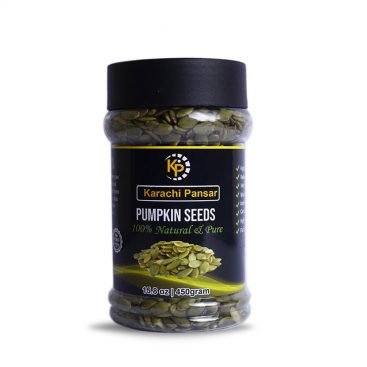
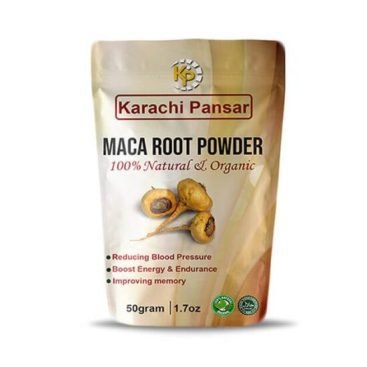
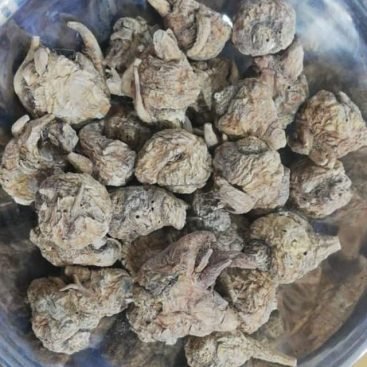
Reviews
There are no reviews yet.